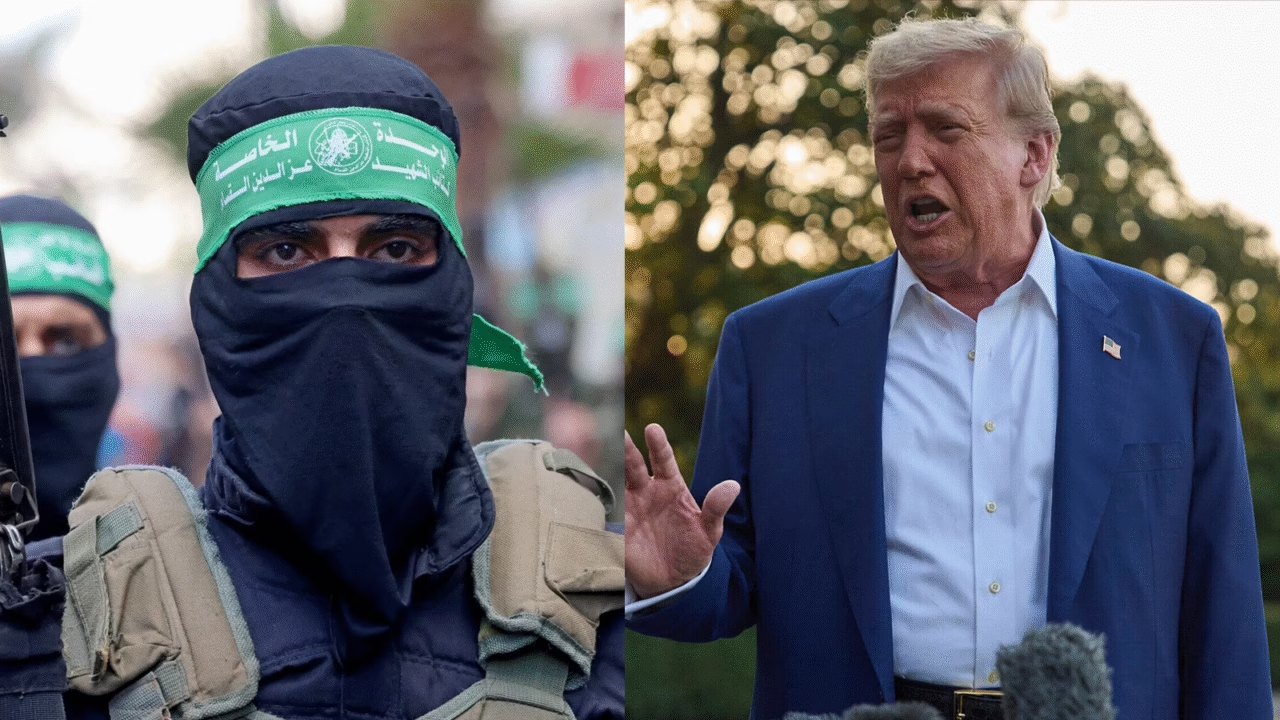Former U.S. President Donald Trump has confirmed that the United States is involved in “very deep” negotiations with Hamas to facilitate the release of hostages in conflict zones. In a recent interview, Trump stressed that the discussions are ongoing, sensitive, and encompass various layers of diplomacy aimed at ensuring the safe return of American citizens and other foreign nationals.
The Context of the Hostage Situation
These talks arise amidst escalating tensions in the Middle East, where several groups, including Hamas, have engaged in hostage-taking incidents. The hostages typically consist of journalists, aid workers, and civilians trapped in conflict areas. The U.S. government, along with its allies, has been actively exploring avenues to negotiate their release while upholding international diplomatic standards.
Trump pointed out that these negotiations are part of a larger strategy to promote stability in the region and avert further escalation of hostilities. He acknowledged that direct engagement with groups like Hamas, although contentious, is sometimes essential to achieve humanitarian results in high-risk situations.
Trump’s Statement on Negotiations
In the interview, Trump remarked, “We are in very deep negotiations with Hamas to bring our hostages back. It’s a delicate situation, but we are fully committed to doing everything possible to ensure their safe return.” He highlighted the significance of persistence and patience, as negotiations with non-state actors often entail intricate logistics, communication hurdles, and numerous stakeholders.
Trump also conveyed confidence in the capabilities of U.S. negotiators and diplomatic teams to manage the situation effectively. While the specifics of the discussions remain confidential, the focus is on prioritizing human life and reducing risks to the hostages.
Challenges in Negotiating With Hamas
Negotiating with Hamas presents significant difficulties due to the group’s intricate political and military landscape. The organization functions within a highly unstable area, where internal politics, security issues, and international pressures all play a role in shaping decisions. This intricate situation necessitates meticulous diplomacy, intelligence collaboration, and discreet communications to prevent misunderstandings or escalations.
Experts point out that engaging with non-state entities like Hamas frequently requires indirect dialogue through intermediaries, collaboration with regional partners, and careful handling of public statements. Every phase of the negotiation process must strike a balance between humanitarian objectives and wider political and security factors.
International Implications
The U.S.’s involvement with Hamas conveys a crucial message to both allies and adversaries regarding America’s dedication to safeguarding its citizens overseas. It also highlights the essential role of diplomacy in tackling crises that cannot be resolved solely through military means.
Trump highlighted that although the discussions are delicate, the primary focus is the safety of hostages. He urged international partners to back initiatives aimed at achieving a peaceful resolution and emphasized that the United States remains devoted to maintaining humanitarian standards in conflict areas.
While the results of these negotiations are still uncertain, Trump’s statements suggest that the U.S. is actively pursuing all diplomatic options. The situation underscores the complexities of hostage crises and the necessity of integrating diplomatic, intelligence, and humanitarian efforts to reach a resolution.
As negotiations progress, the global community is observing closely, hoping for the safe return of hostages. Trump’s acknowledgment of “very deep” discussions with Hamas serves as a reminder of the fragile nature of diplomacy in conflict zones and the unwavering efforts needed to safeguard human lives.

